The problems of science and technology in Vietnam are not new and repeat like a vortex: lack of human resources, lack of laboratories, lack of cooperation, lack of long-term strategy.
In a conversation with VTC News, Professor Nguyen Minh Tho, a scientist with many years of experience working in the international research system, frankly shared about the bottlenecks that prevent Vietnam from becoming a research powerhouse.

Prof. Dr. Nguyen Minh Tho.
- Professor, you have said many times that Vietnamese science and technology are stuck in “old problems that have lasted for decades”. Specifically, what do you see?
The problems of science and technology in Vietnam are not new. They have existed for decades and have been going around and around without any way out. As a result, scientific research cannot develop properly.
Up to now, we still do not have many real research universities. Some places like the National University or regional universities are trying, while private universities like Phenikaa, Duy Tan, Van Lang are dynamic but still young. They are very determined, but to become a research university, it takes not only will, but also people, equipment, culture and time.
- One of the issues that is often mentioned is “brain drain”. According to the professor, is this the root problem?
This is indeed one of the important roots. This situation has lasted for decades. Previously, it was very difficult for Vietnamese students to study abroad, and getting scholarships was rare.
But since 2000, everything has opened up. Students are better at English, have more opportunities. And interestingly, now, “if you don’t want to go, people will pull you to go”, because the world is lacking good researchers.
Look at the US, for example, for 40-50 years, their basic science relied heavily on Chinese graduate students, almost half. Later, those people became top professors. Vietnam does not have such resources, nor has it created an ecosystem to retain people.
- Can you compare how other countries deal with talent issues?
Look at China over the past 40 years. They did two things at the same time: They sent a lot of excellent students to study abroad, and at the same time they built a domestic foundation to welcome them back.
When good people need to return, they have the labs, the machines, the research teams, the infrastructure. Japan did this right after World War II. South Korea and Taiwan did the same.
As for Vietnam… it has not been able to do that. We have talented people going abroad, but when they want to do science, the country lacks an environment for them to return.
The equipment is not just for display, but must be operated continuously.
- Human resources is only one part of the problem. Many people think that facilities are also a big barrier. What is your opinion, Professor?
Basic science requires good, stable and continuous equipment. Vietnam often invests a large amount and then… leaves it there. The equipment degrades, is fully depreciated, there is a lack of technical staff, and there are no resources for maintenance.
In developed countries, the lab operating budget is even larger than the purchasing budget.

Professor Nguyen Minh Tho with lecturers and researchers at VinUni University.
Another problem is that our scientific culture lacks openness. Scientists often work alone, are reluctant to share data, and are reluctant to co-author.
Universities and businesses look at each other, but rarely really shake hands. Modern science relies on cooperation: international, interdisciplinary, between universities and businesses. Without networks, there can be no breakthroughs.
- According to the professor, what is the most important thing that Vietnam needs to do to improve?
Vietnam needs a long-term strategy, at least 20 to 30 years, not short-term projects. Science and technology must be considered an ecosystem, not a few funding programs.
If you want to have a true research university, you must do three things at the same time: Retain good people, build international standard labs, and create a true culture of cooperation.
If we do not have "domestic support", talented people cannot do science even if they want to return.
- Do you expect this change?
Absolutely. Vietnam now has many young but ambitious universities. Many overseas Vietnamese scientists want to contribute, and the younger generation is increasingly talented. The problem is to create an environment where they believe that returning home is not a “sacrifice”, but a viable option with a future.
Thank you, professor!
Prof. Dr. Nguyen Minh Tho was born in 1953, from Quang Nam. He received a national scholarship to study in Belgium in late 1971 and was appointed professor at KU Leuven (Belgium) in 1989.
Since 1997, he has regularly returned to Vietnam to teach advanced graduate courses at several universities in Hanoi, Hue and Ho Chi Minh City. He is currently the Head of the Laboratory of Computational and Chemical Modeling, Institute of Computational Science and Artificial Intelligence, Van Lang University.
He is recognized as one of the most influential scientists in the world with a high H-index. In 2023, he was in the top 2% of scientists in the world as voted by Stanford University.
Source: https://vtcnews.vn/muon-nguoi-gioi-quay-ve-phai-co-san-nen-tang-va-moi-truong-nghien-cuu-ar988165.html


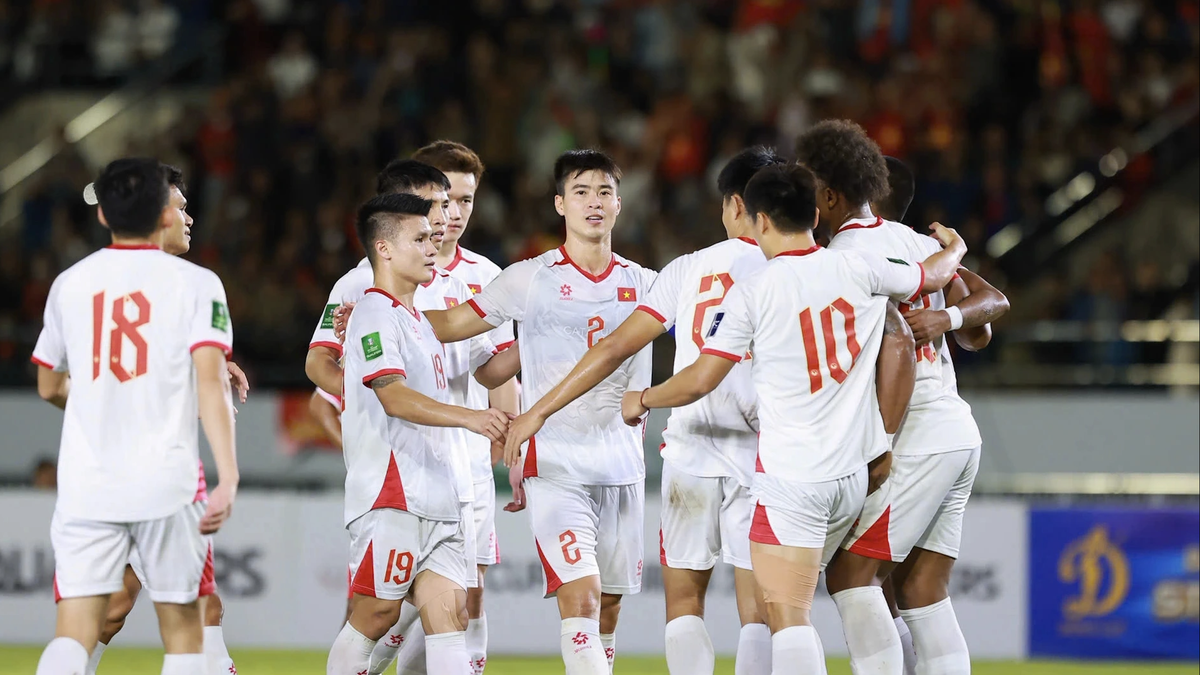


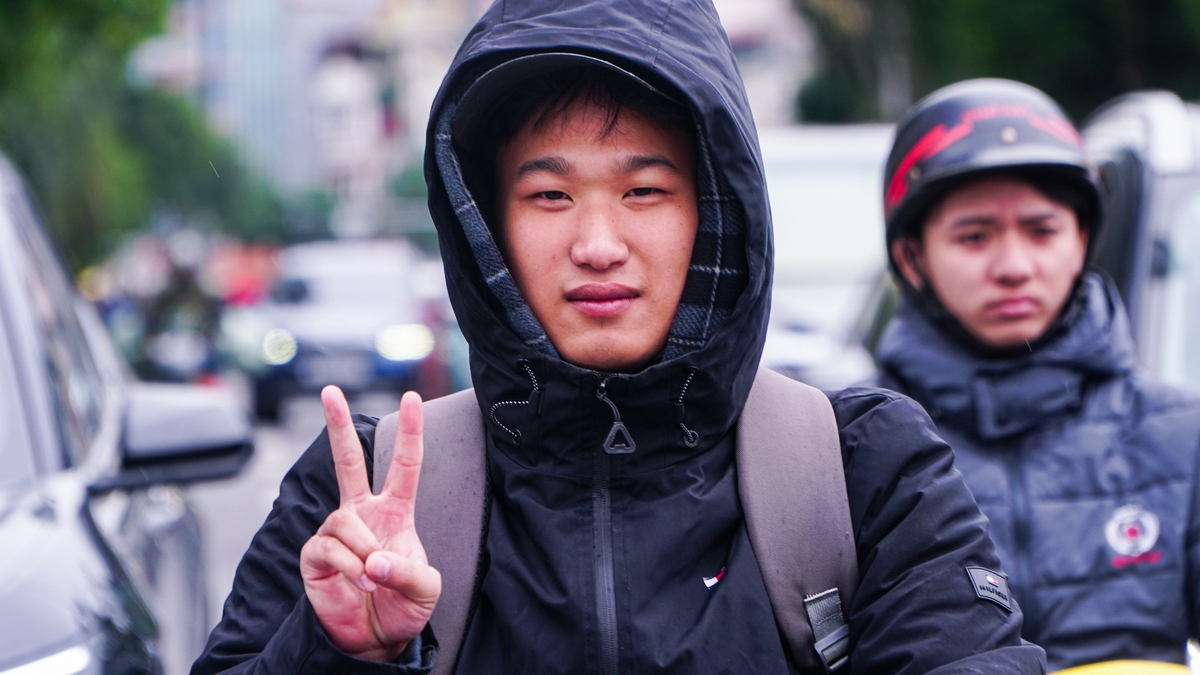
![[Photo] The Standing Committee of the Organizing Subcommittee serving the 14th National Party Congress meets on information and propaganda work for the Congress.](https://vphoto.vietnam.vn/thumb/1200x675/vietnam/resource/IMAGE/2025/11/19/1763531906775_tieu-ban-phuc-vu-dh-19-11-9302-614-jpg.webp)

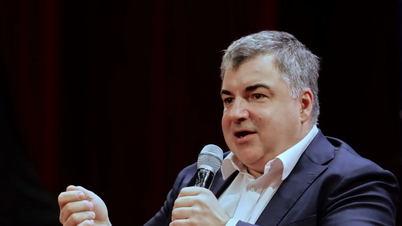

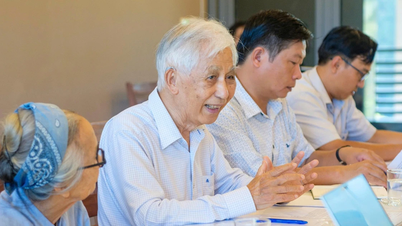

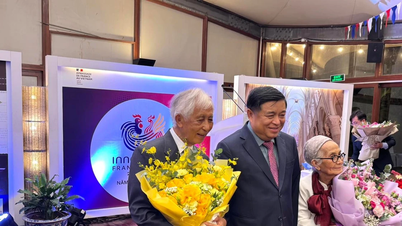


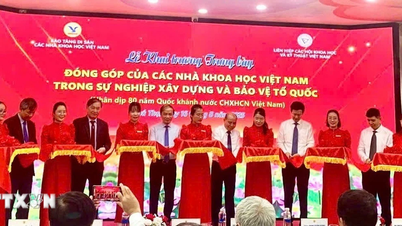
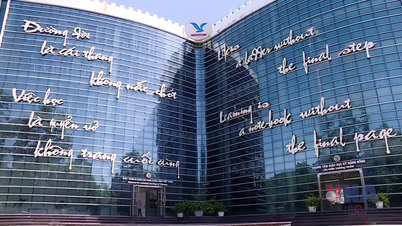
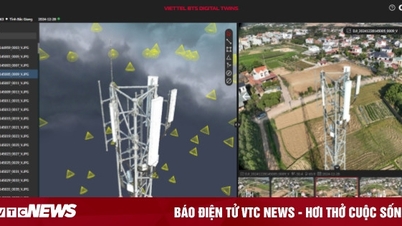
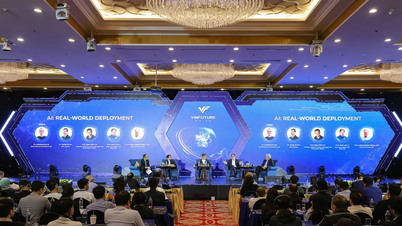




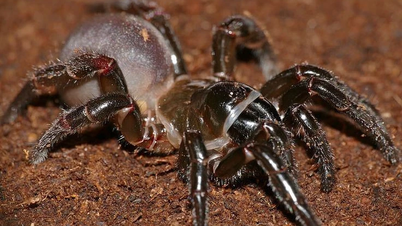
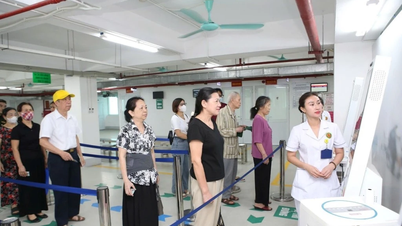






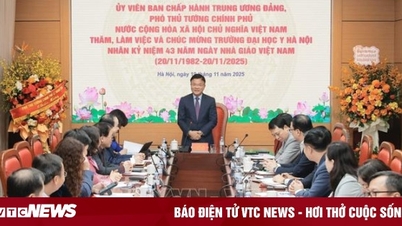
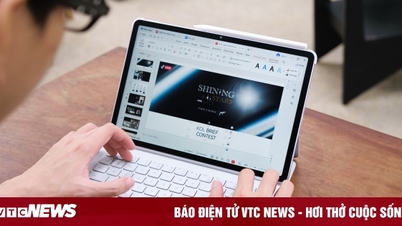
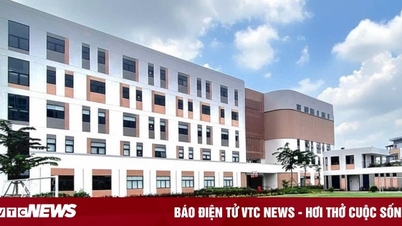
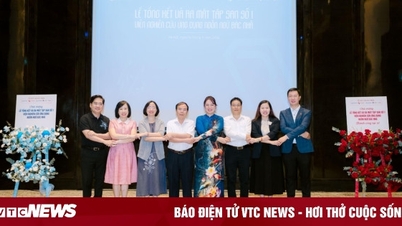
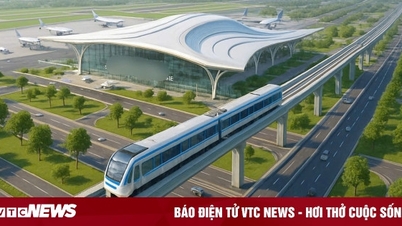

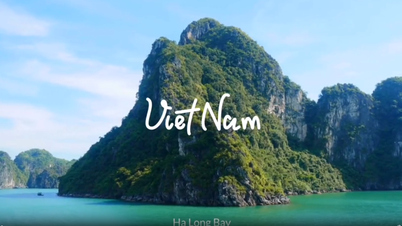







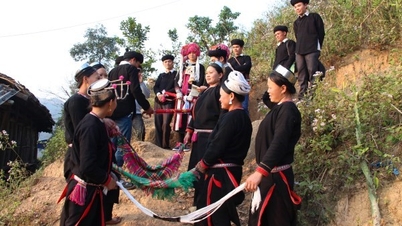

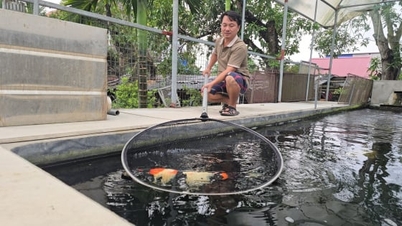

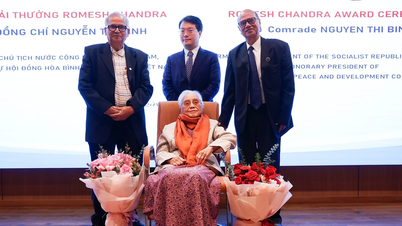
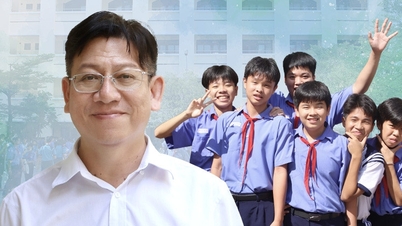

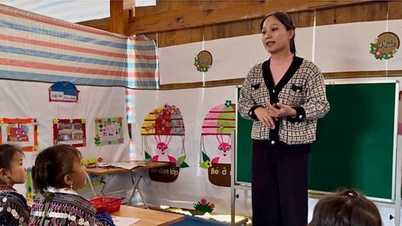

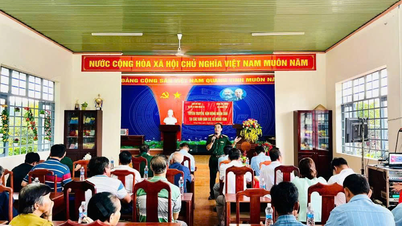


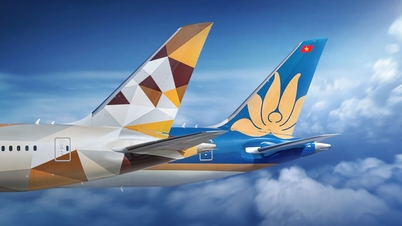
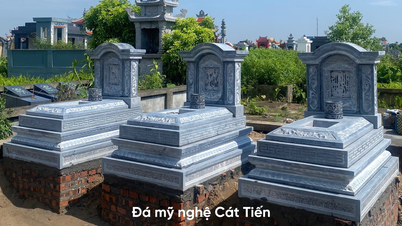



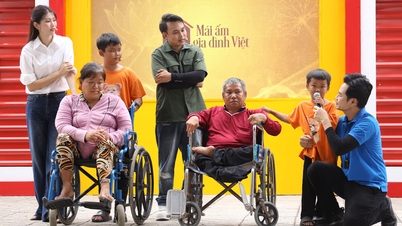
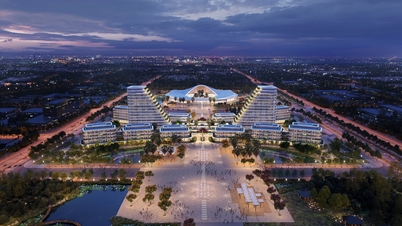
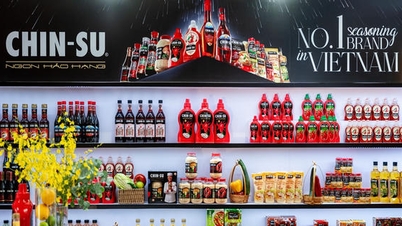






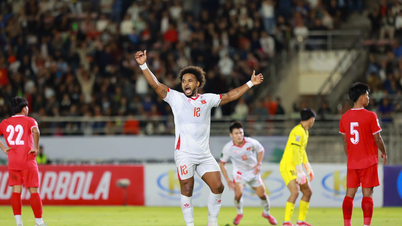




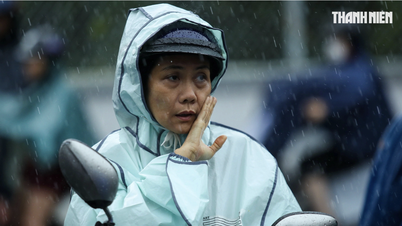
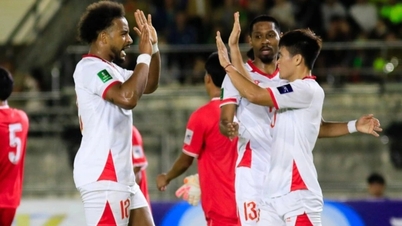
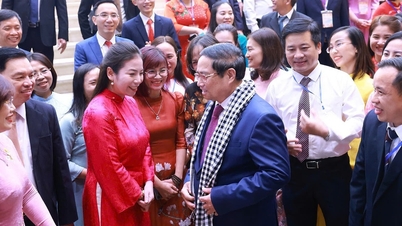





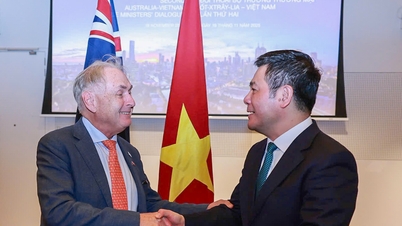
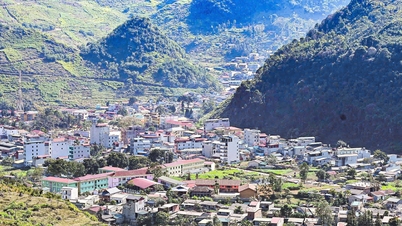

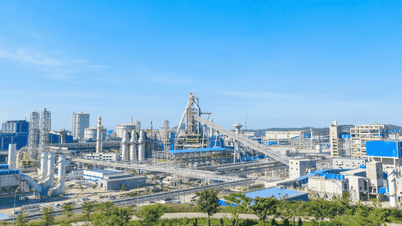
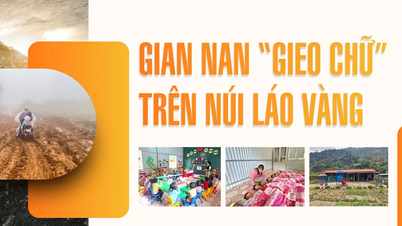


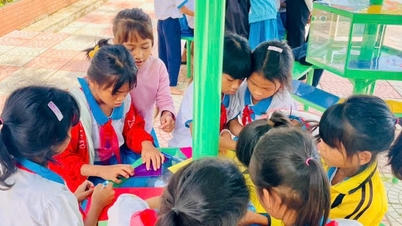


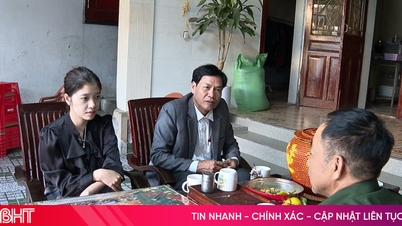

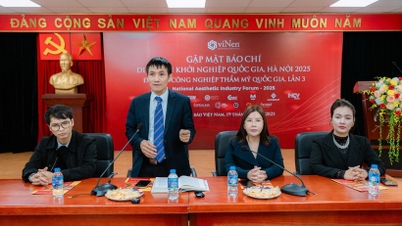













Comment (0)